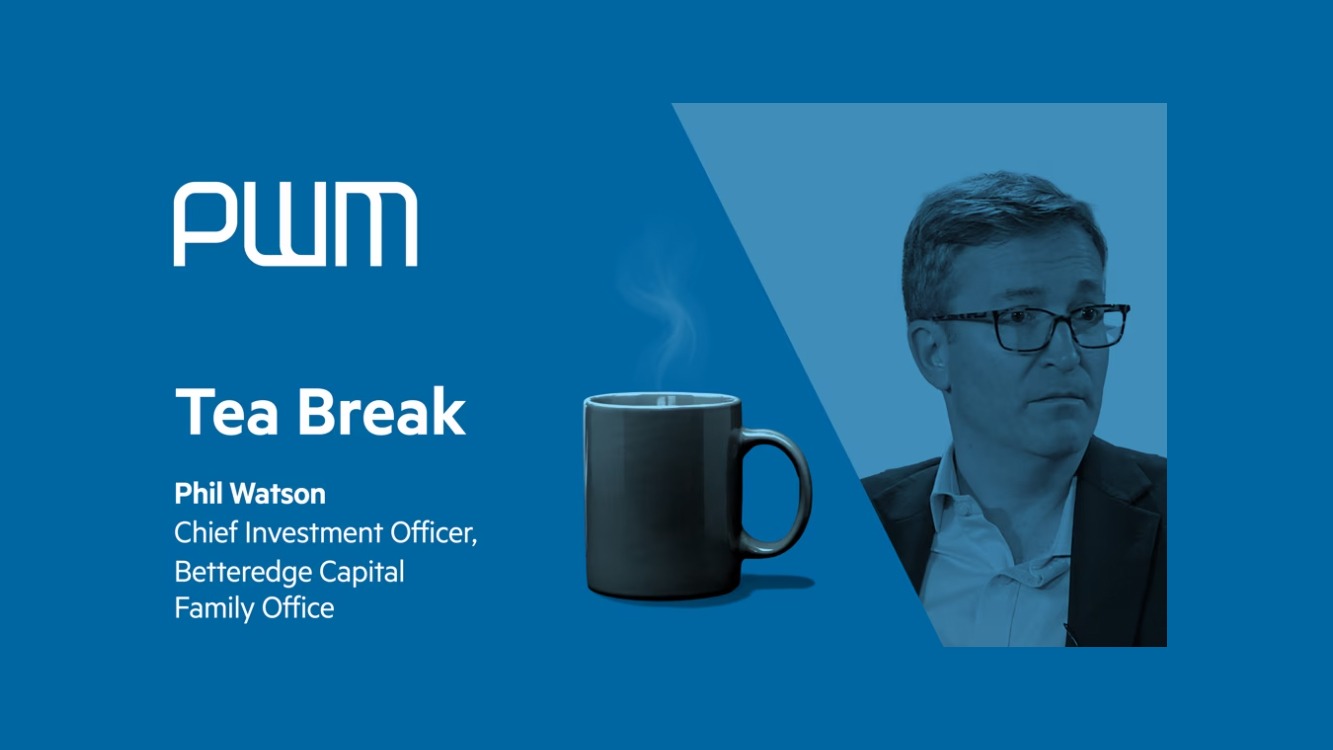Self-assembly tech stacks for futuristic family offices
Dave Shastri

Family offices are becoming an increasingly significant part of the wealth management landscape. According to Deloitte, there are more than 8,000 family offices operating globally today, an increase of more than 30 per cent since 2019.
Deloitte projects that family offices will pass 10,000 in number by 2030. The estimated wealth controlled by family offices currently stands at $5.5tn, and again, forecasts for the growth in these assets are considerable. Deloitte reckons this will reach $9.5tn by 2030.
Part of this growth trend is likely to see family offices becoming increasingly institutionalised and professionally managed, with operational transformation requiring creation of independent structures and widespread adoption of operations-based digital technology. This institutionalisation is also reflected in how family offices are structured for their investment deals.
“As the wealth management sector matures, the enablement for firms to scale up in sophistication and reach creates further opportunities for growth,” suggests Adrian Batty, enterprise leader with Deloitte Global.
Positioning the private bank
This evolution of the family office also involves a transition by many offices away from reliance on private banks for operational infrastructure. Banks of course would like to continue to service the ultra-high net worth individual (UHNWI) segment as much as they can, evolving their own family office divisions tailored to meet the needs of this market.
In the European market there still remains much heavier reliance on private banks and their operational resources, while US family offices seem happier to go it alone, and earlier in their development cycle. Smaller family offices find it harder to manage a complex tech structure and are happier sticking with the services provided by the banks.
In the European market there still remains much heavier reliance on private banks and their operational resources, while US family offices seem happier to go it alone, and earlier in their development cycle
That said, a more tech savvy generation of millennials is beginning to inherit family wealth and making more demands on both the banks and existing family offices when it comes to technology and especially reporting. After all, they argue, why can’t my family office provide me with the same reporting my bank can?
Hence, the level of risk management and reporting across a broad range of investment activities has to be equivalent to that already enjoyed inside the private banks. This can be a challenge for systems that have been developed to focus on just one area of the investment market.
Some of the successful multi-family offices (MFOs) in the sector have been built inside banks and can effectively leverage the bank’s tech stack. Smaller single-family offices (SFOs) are turning to consultants for solutions. They are not necessarily hiring in-house IT expertise, and at the smaller end of the market are still tapping the IT capabilities of existing personnel.
Private banks are considered to have some of the best — and most secure — tech stacks for smaller family offices to rely on
Private banks are considered to have some of the best — and most secure — tech stacks for smaller family offices to rely on. This is also the case when it comes to the quality of cyber security in the sector. Family offices can benefit from the considerable investment in security the banks have already made.
Top notch credentials
When acquiring technology themselves, family offices are looking for a high level of customisation from a provider, even if they have expertise in-house. They want the best match for their needs, and they are accustomed to consulting experts in this area.
One of the most pressing issues family offices are facing is cyber security and tech providers need to demonstrate top notch credentials. SFOs can be priority targets for hackers, and vulnerabilities can be created by family members who may be less disciplined with their own data security arrangements. Cyber security is made more challenging for family offices as they allocate to private investments which have paper-based processes and may expose information which is sent over email and with less secure means than public investment platforms.
Information still cascades out of family offices, and updating security protocols is an ongoing battle. The sector needs to continue to invest heavily in this and cannot afford to stand still, as the bad actors are becoming more sophisticated and better financed by the day.
The emphasis on information security also means trust is a big factor when building a tech stack and indeed when retaining external consultants to advise on this. As with many other services, family offices rely on referrals to a large extent, including tax advisers and investment managers.
Evolving family fortunes
The expansion of the family office sector over the next 10 years will likely create some very sophisticated businesses, especially in the MFO end of the market. The MFO tech stack in particular is one of the big attractions for pooling resources and expertise and avoiding unnecessary duplication of systems. Increasingly these groups will implement institutionally proven technology adapted to their needs.
With the ever more sophisticated threat from hackers — who seem to be routinely penetrating some very high-level blue-chip infrastructure — the MFO security model makes a lot of sense. Similarly, investments into customised AI solutions might be best shared under a well-resourced MFO model.

Dave Shastri, CEO, Truss Edge





